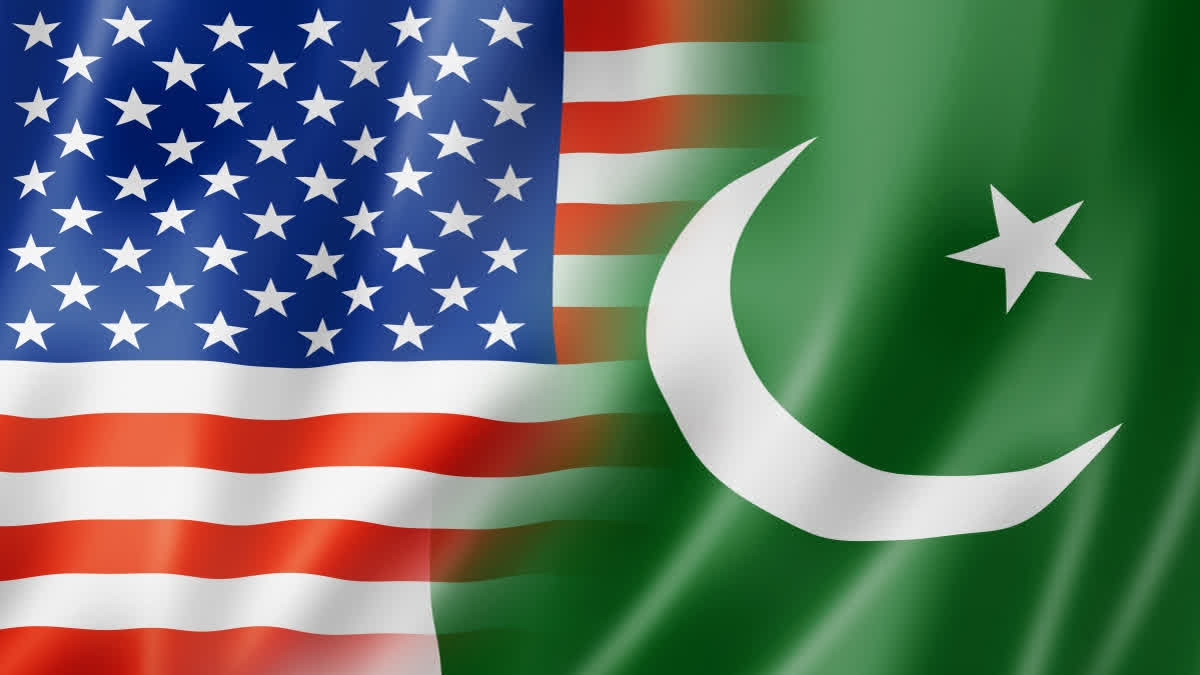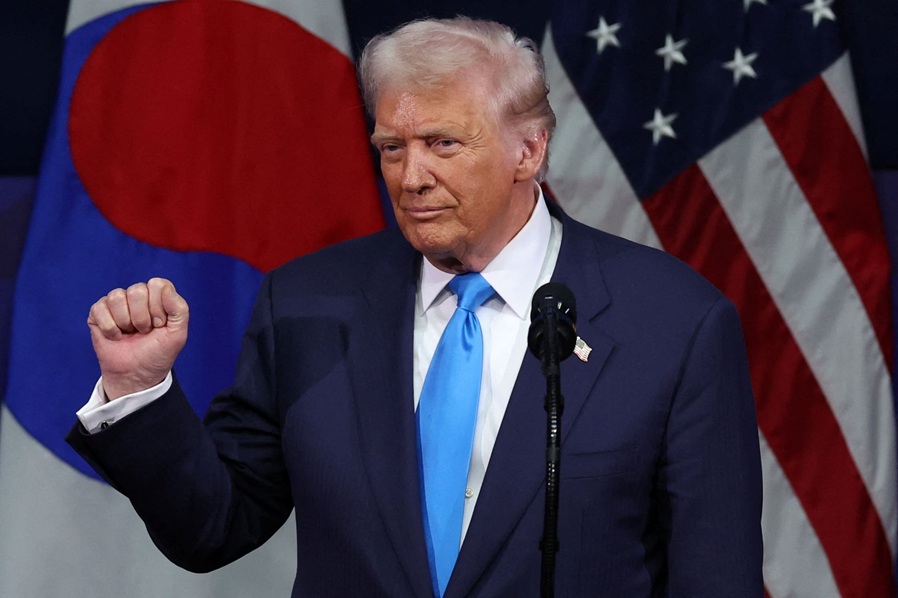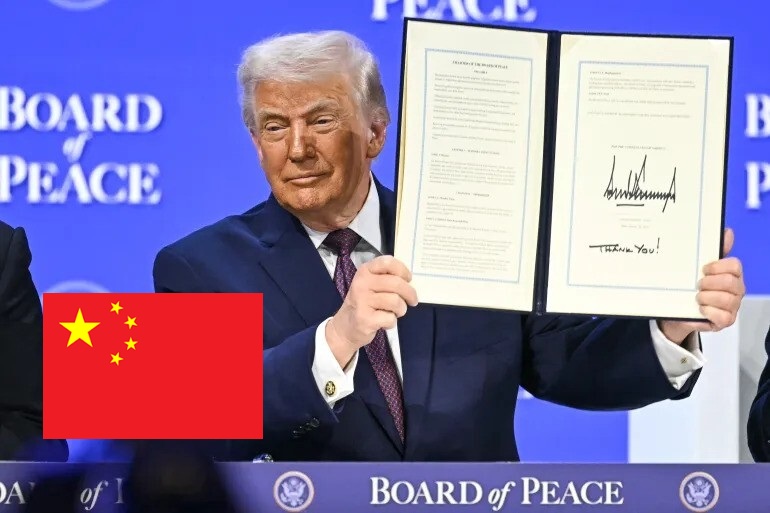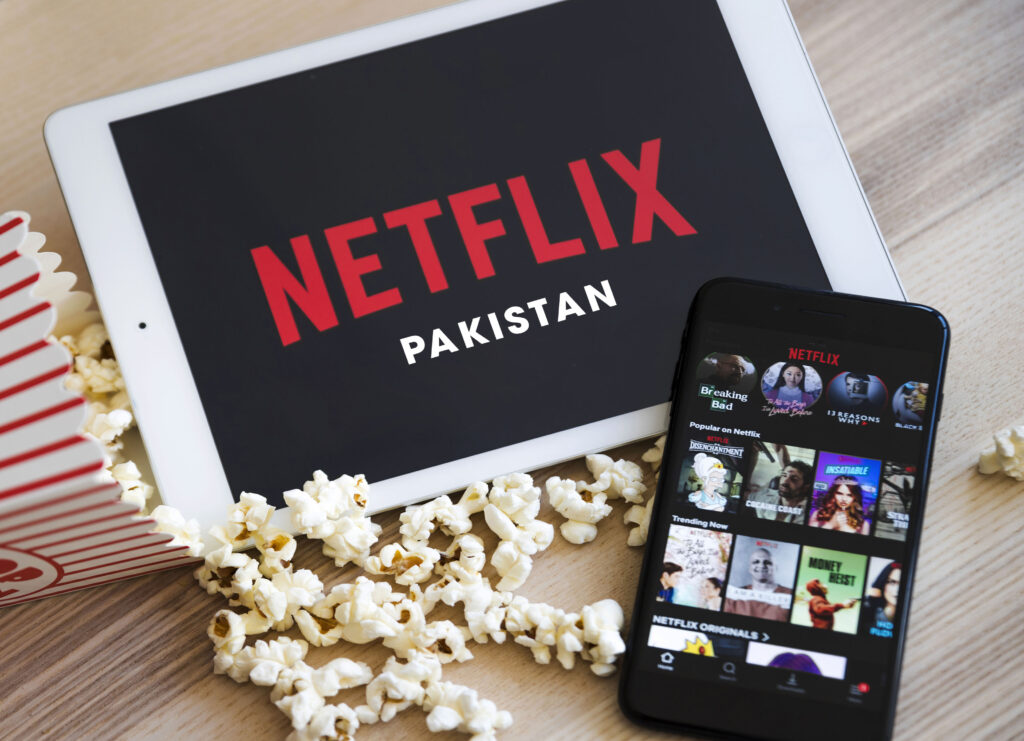US President Donald Trump, while speaking at a regional meeting in South Korea on Wednesday, once again credited himself with preventing a full-scale war between India and Pakistan. He claimed that both nations were “going at it,” with seven planes shot down, and that he stepped in by threatening them with 250 per cent tariffs — the highest he has ever mentioned for any country.
“If you look at India and Pakistan … they were going at it,” Trump said. “Seven planes were shot down. They were really starting to go.”
Trump’s bold statement reignited debate across diplomatic and media circles, particularly because it aligns with Pakistan’s version of events from the May 2025 conflict, while sharply contrasting India’s long-held narrative. His comments have given Islamabad’s stance new international attention — and raised questions about Washington’s evolving approach toward South Asia.
Pakistan’s Narrative Gains Strength

For Pakistan, Trump’s statement serves as an unexpected diplomatic endorsement of its long-contested version of the May 2025 air conflict with India. Ever since those tense days, Islamabad has maintained that it successfully retaliated to Indian aggression and downed multiple aircraft during the exchange. New Delhi, however, has repeatedly dismissed those claims, insisting that its actions were defensive and counter-terror focused.
By asserting that “seven planes were shot down,” Trump’s remarks have effectively revived Pakistan’s credibility on the global stage — particularly because the words came from the US president speaking publicly before an international audience. For Pakistani analysts, this represents more than rhetorical support; it is symbolic recognition of Pakistan’s military capability and strategic restraint.
Moreover, Trump’s self-proclaimed role as a mediator — claiming he prevented escalation through tariff threats — echoes Islamabad’s consistent call for global powers to help manage regional tensions. Pakistan has long argued that neutral international intervention is essential to prevent escalation in South Asia, while India has always opposed third-party involvement, insisting on bilateral resolution only.
In that sense, Trump’s remarks not only validate Pakistan’s position but also challenge India’s diplomatic red lines, where external mediation remains politically sensitive.
India’s Diplomatic Discomfort
Trump’s comments landed awkwardly in New Delhi. India’s Ministry of External Affairs quickly refrained from direct engagement but sources close to the government called the remarks “unverified and misleading.” Analysts in India pointed out that the claim of “seven planes down” lacks independent corroboration and is inconsistent with official Indian records.
For Indian policymakers, however, the greater concern lies not in the numbers but in the implication of third-party mediation. India has, since the 1972 Simla Agreement, firmly opposed any external involvement in its disputes with Pakistan. Trump’s suggestion that his personal intervention stopped the war — using threats of massive tariffs — undermines that long-standing policy narrative.
Opposition parties in India have already questioned Prime Minister Modi’s silence on the issue. Critics argue that allowing such claims to circulate internationally damages India’s credibility and its image as a regional power that can manage its own security challenges. The diplomatic fallout has also triggered debate in Indian media, where some commentators view Trump’s statements as a calculated political move to appeal to Pakistani-American voters ahead of the US elections.
The US Factor: Strategy or Self-Promotion?
Why did Trump make such a statement now? Many observers believe his comments were more self-congratulatory than strategic. The president is known for reviving controversial foreign-policy anecdotes to showcase his perceived deal-making prowess. By presenting himself as the “savior” who prevented nuclear war, Trump strengthens his political narrative of global leadership.
Still, the timing of his statement carries diplomatic weight. The United States under the current administration has tried to balance relations with both India and Pakistan. Washington values New Delhi as a strategic partner against China through the Indo-Pacific alliance, yet it also seeks Pakistan’s cooperation on regional security and counter-terrorism.
Trump’s remarks, therefore, may not represent official US policy but they inevitably influence global perceptions. In South Asia’s media-driven diplomacy, even off-hand comments can reshape narratives. Islamabad’s officials, though cautious, have noted the statement as “recognition of Pakistan’s responsible conduct.” For India, however, it poses yet another instance where Washington’s political unpredictability complicates its foreign-policy messaging.
Narrative Warfare in South Asia
In today’s interconnected world, controlling the story is as vital as controlling the battlefield. The 2025 India-Pakistan conflict demonstrated how swiftly competing claims can shape public opinion and diplomatic postures.
Pakistan’s media outlets and diplomatic corps have worked diligently to portray the episode as evidence of effective deterrence — that Pakistan’s defense readiness prevented escalation despite provocation. Trump’s endorsement gives that claim renewed oxygen internationally.
India, on the other hand, has historically excelled in global media management, projecting its military strikes as “surgical” and justified under international law. Trump’s remarks disrupt that narrative, creating space for Pakistan’s version in global discourse.
This form of narrative warfare — the struggle to define what the world believes happened — is increasingly central to South Asian politics. Both sides recognize that perception can shape alliances, economic aid, and even arms deals.
Regional and Global Implications
If Trump’s version gains traction, it could have subtle but significant ripple effects:
-
For Pakistan, it reinforces its claim of credible defense capability and strengthens its diplomatic standing.
-
For India, it challenges the narrative of strategic dominance and complicates its bilateral messaging with Washington.
-
For the US, it underscores the unpredictable nature of Trump-era diplomacy — where personal storytelling often blurs the line between fact and foreign policy.
Regional security experts warn that while such remarks may seem rhetorical, they can fuel nationalist narratives in both countries, making future crises even harder to de-escalate. The memory of the May 2025 confrontation, still raw, could resurface in domestic politics on both sides of the border.
Conclusion
Donald Trump’s latest remarks from Seoul have once again thrust South Asia into the international spotlight — not through new conflict, but through the power of words. By claiming that seven planes were shot down and that his tariff threat stopped a war, Trump has reshaped the narrative space around one of the most sensitive regional rivalries.
For Pakistan, it is an opportunity to reaffirm its perspective and gain diplomatic validation. For India, it is an uncomfortable reminder that even long-established narratives can be disrupted by a single headline.
Ultimately, the episode highlights a deeper truth: in modern geopolitics, rhetoric can be a weapon, and the battle for credibility is as fierce as the one for territory. As South Asia continues to balance between confrontation and calm, the echoes of Trump’s words may linger far longer than the conflict itself.
Sabahuddin Qazi, serving as Editor-in-chief of the Press Network of Pakistan, is an Islamabad-based journalist specializing in international relations, South Asian affairs, and media diplomacy. With a keen eye on emerging geopolitical shifts, he contributes analytical pieces that bridge Pakistan’s perspective with global narratives. He is promoting responsible journalism and fact-based reporting in the digital age.



